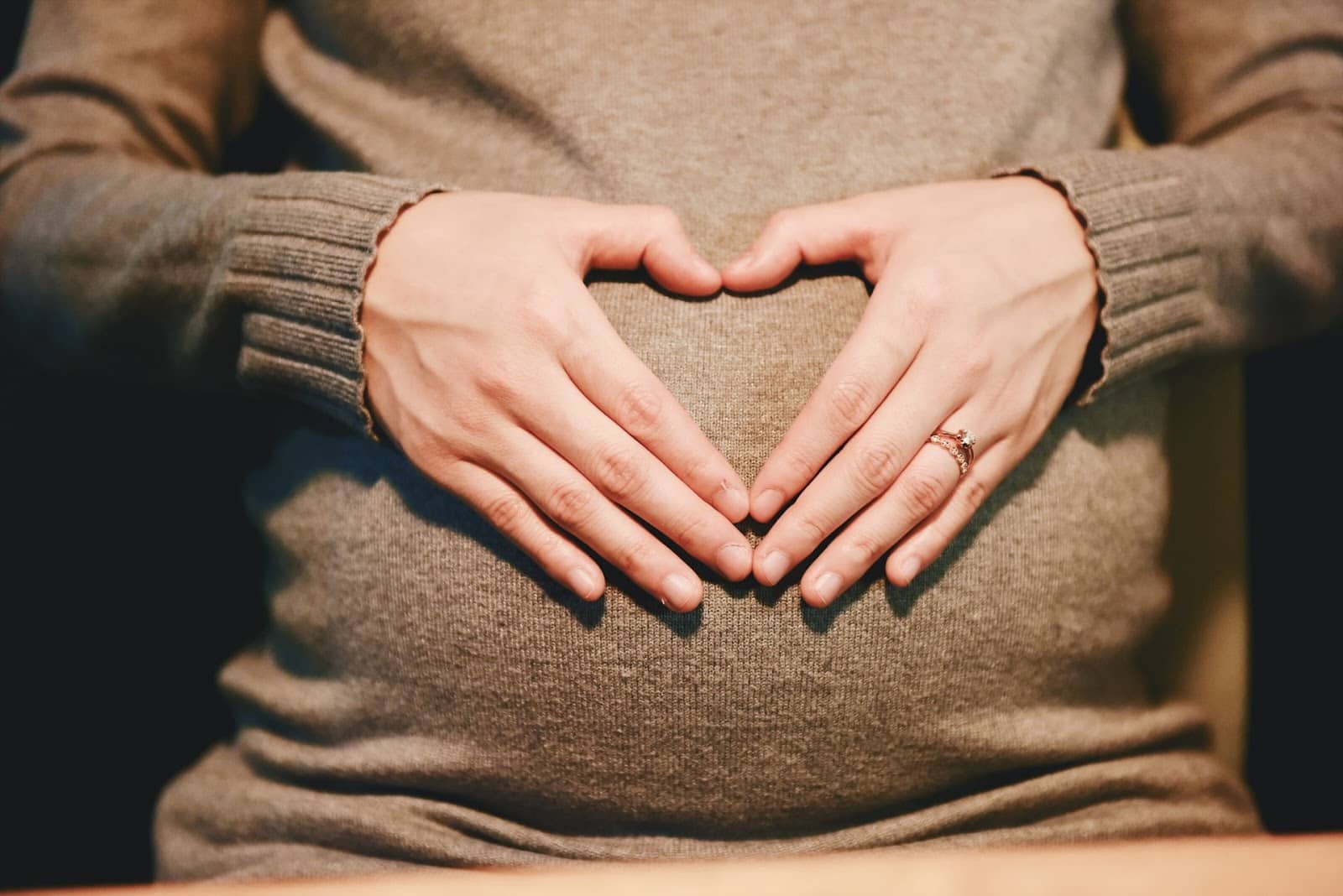While generally safe, there are some risks for women intended parents undergoing in vitro fertilization (IVF). Ovarian hyperstimulation syndrome (OHSS) is a severe complication known to occur during IVF treatments.
To give you peace of mind, we’ve written this article to provide you with an idea of OHSS is, why it happens, the symptoms associated with OHHS, and how you can overcome it.
What is ovarian hyperstimulation syndrome (OHSS)?
OHSS is a risk that affects women undergoing IVF and is the body’s response to excessive or imbalanced hormone levels. The exact causes of OHSS isn’t fully understood; However, the hormone most known to be associated with this condition is called human chorionic gonadotropin (hCG).
Why does OHSS occur during IVF?
During IVF, women intended parents receive fertility drugs and injections that stimulate and boost certain fertility hormones in their bodies, which promotes higher levels of hormones to help follicles develop in the ovaries. These fertility drugs enhance the potential for success during IVF treatment and ensure optimal timing of different phases in a woman’s intended parent cycle.

When the ovaries are overstimulated, it can lead to ovarian pain and severe problems, including rapid weight gain, shortness of breath, and vomiting. OHSS could prove fatal if not treated, which is why fertility specialists are always mindful and observant about this condition arising.
OHSS is more known to be associated with injectable fertility drugs than its oral medication counterpart. Research has estimated that one to two percent of women who undergo ovarian stimulation treatments experience OHSS.
What are the symptoms associated with OHSS?
The symptoms of OHSS can range from mild to severe, with severe cases resulting in hospitalization if not treated immediately. Intended parents need to look out for these symptoms while undergoing ovarian stimulation treatment during their IVF cycle.
Mild symptoms of OHSS during IVF
When a woman suffers from a mild case of OHSS, the common symptoms include:
- Mild or moderate abdominal pain
- Tenderness around the pelvis and ovary area
- Bloating
- Nausea
- Vomiting
- Diarrhea
- Sudden weight gain exceeding 6 pounds
Mild OHSS will typically wear off after a week of being administered fertility drugs, but patients should immediately inform their doctor if they experience any of the above symptoms. The above symptoms can also persist for several weeks if the IVF cycle results in a successful pregnancy.
Severe symptoms of OHHS during IVF
When a woman suffers from a severe case of OHSS, the symptoms include:
- Severe abdominal pain
- Enlarged abdomen
- Rapid weight gain of up to 40 pounds
- Shortness of breath
- Decrease need to urinate
Contact your doctor as soon as you experience any of the above symptoms of severe OHSS, as immediate medical attention is necessary.
Risk Factors for OHSS
OHSS can occur to women with no risk factors. However, risk factors commonly associated with an increased risk of OHSS include:
- Women experiencing polycystic ovary syndrome (PCOS)
- Women experiencing a large number of follicles within the ovaries
- Women below the age of 30
- Women experiencing below-average weight
- Women experiencing high levels of estrogen before receiving their hCG shot
- Women who has previous experience of OHSS
How is OHSS treated?
The right treatment for OHSS will depend on the severity of the condition. Doctors usually prescribe anti-nausea medication, pain relievers, and proper medical monitoring for mild to moderate OHSS symptoms.
However, in severe OHSS symptoms, doctors will often admit women intended parents to the hospital for professional monitoring and aggressive treatment for the associated symptoms. Treatment can include IV drips and medications designed to suppress the over hyperstimulated activity of the ovaries. Depending on the severity of the situation affecting the women intended parent, the doctor can perform further advanced treatment.
How does PFCLA prevent OHSS during the IVF cycle?
To prevent OHSS, our fertility doctors at Pacific Fertility Center Los Angeles will review a woman's intended parent’s medical history to make the adjustments as needed. These adjustments include:
- Altering or adjusting medications and fertility drugs used during IVF.
- Waiting a few days before administering hCG as estrogen levels are high or many developed follicles (coasting).
- Not using an hCG trigger shot if the risk of OHSS is significant.
- Freezing good- to high-quality eggs or embryos to reduce the need for another IVF cycle.
Learn more about IVF complications
Countless intended parents worldwide have come to Pacific Fertility Center Los Angeles for in vitro fertilization (IVF) to achieve a successful pregnancy. Thanks to our team of dedicated fertility doctors, exceptional treatment, and high personalized intended parent support, we’ve been responsible for the births of over 7,000 babies worldwide and have helped over 1,500 intended parents of the LGBTQ+ community.
For more information about our effective IVF treatment and how our team can help you, be sure to get in touch. We’re always available and happy to help address any questions or concerns you may have about starting your IVF treatment.
Note: This is not intended to be a substitute for professional medical advice, diagnosis or treatment. Information provided is for general educational purposes only and is subject to change without notice. Speak to your doctor directly with any questions you may have regarding a medical condition. Any information contained herein does not replace any care plan as determined by a physician.
You May Also Like
These Stories on In-Vitro Fertilization


.png)